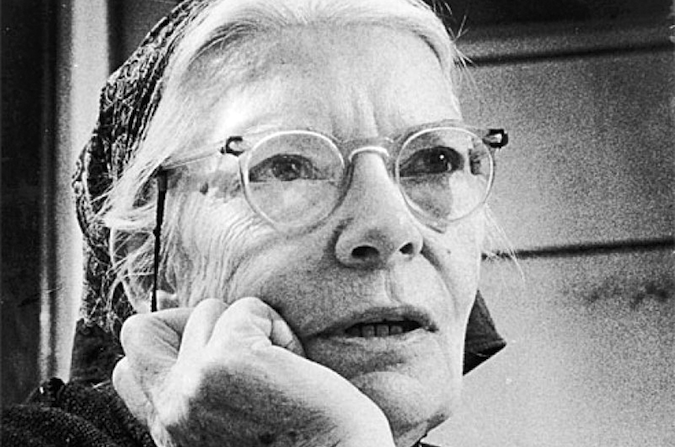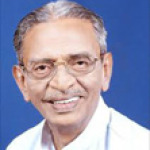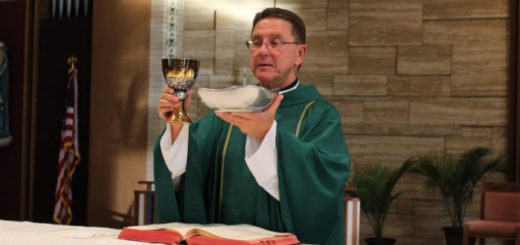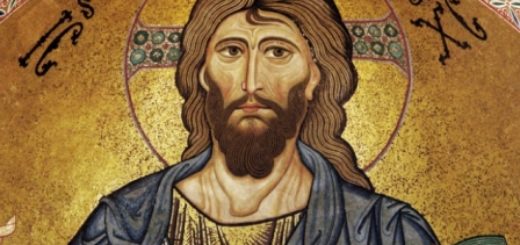Dorothy Day: not your off-the-shelf saint

Dorothy Day stings consciences!
Kevin Ryan, in MERCATORNET May 4 2016
"a thorn in the conscience of the comfortable" Despite her wild past and radical politics, an American woman’s life has inspired many
(Note: Saints and sinners are just labels or vivisection of living realities which are a mixture of both for me, because there is no saint without the taint of sin and no sinner without the shine of saintliness. They exist separately, only in our divisive minds. The crown and glory of God’s creation, if one believes in a creator God, humans, could never have been a tainted product. So stop the futile exercise of distorting realities – a mixture of good and bad, wheat and weeds, coexisting and fighting for domination. Life is dialectics! So stop the futile exercise of creating saints out of sinners! Francis named Dorothy as one of the “Fantastic Four” — Abraham Lincoln, Martin Luther King, Thomas Merton and Dorothy Day. Dorothy is a living legend that proves the saying, “there is no saint without a past and sinner without a future” starting with the great sinner-saint – Augustine and Dorothy going through illicit sex, abortion and nursing a girl child whom  her husband wanted to abort. Like the woman who anointed the feet of Jesus, she loved much, loved intensely and loved big and therefore her name will be remembered at least as "a thorn in the conscience of the comfortable" because she always comforted the afflicted and afflicted the comfortable. james kottoor, editor)
her husband wanted to abort. Like the woman who anointed the feet of Jesus, she loved much, loved intensely and loved big and therefore her name will be remembered at least as "a thorn in the conscience of the comfortable" because she always comforted the afflicted and afflicted the comfortable. james kottoor, editor)
The word on the “Catholic Street” is that Dorothy Day is being fast-tracked to sainthood. Pope Francis, who shows no fear of controversy, strongly indicates his admiration for her. When the Pope spoke before the United States Congress last September, he singled out four Americans, whom he called “the Fantastic Four,” for special praise: Abraham Lincoln, Martin Luther King, Thomas Merton and Dorothy Day.
Day received papal praise for her passionate commitment to social justice and in particular her lifelong dedication to the poor and the rights of all persons … poor, oppressed and unborn. She echoes the life and loves of the Pope’s patron, St Francis of Assisi.
Early in his pontificate, Pope Francis urged his priests to be shepherds “with the smell of the sheep.” Day had it. Her total embrace of radical poverty and daily work with many of New York’s abandoned and neglected make her a model not only for priests, but all of us who have been charged with the care of the poor.
Her unswerving dedication to the poor is surely the reason that in 2000, close to his own death, Cardinal John O’Connor of New York City began the process of Day’s canonization. Deeply dedicated to helping the forgotten and left behind, Cardinal O’Connor wanted his flock and the world to encounter a modern saint, a warts-and-all saint.
But as her cause picks up speed, it is setting off alarm bells, because Dorothy Day’s was not the Little Flower. She was no meek and mild, kiss-the-book communicant. She was a wild, undisciplined, free spirit who in her 30s began the great romance of her life. She fell in love with Christ and his Church. Before that, she lived the disorder existence of a confused bohemia.
Born in 1897 in Brooklyn into a somewhat nomadic and rootless family, she moved across the country, first, to San Francisco and later Chicago. The family was nominally Christian and Dorothy was baptized and had some bare bones religious instruction. In high school she proved to be a good enough student to win a scholarship to the University of Illinois. Dorothy was described as a “reluctant scholar,” interested more in the radical politics going on in the real world of the day than the world of academia. After two years she left college and moved to New York City’s Lower East Side, which was the center of radical politics at the time.
Getting work in a series of extreme left-wing newspapers and little magazines, she discovered what was to be a major part of her life-long cause: the forgotten poor. Reflecting on those years, she wrote that her allegiances kept shifting back and forth between socialism and anarchism.
She, also, full-throatedly embraced the Bohemian lifestyle around her. Those early years of her late teens and on into her 30s were filled with one dead-end job after another, drunkenness, and a series of affairs. One of her lovers got her pregnant and convinced her to make what she believed was the greatest mistake of her life. She had an abortion.
Years later, she became pregnant again by her common-law husband. Against his wishes, she had this child. The birth of her daughter, Tamar, was the pivotal event of her life. It was her Paul-of-Tarsus moment. She found Transcendence in the most earthly of things, a helpless baby. Daily care for Tamar led her on search for the child’s Creator. In turn, that search lead her to the Catholic Church, hardly a favored institution of her bohemian friends and colleagues.
It was not the high theology of the Church that drew her, but its work with New York homeless and abandoned. Here, in serving the poor and doing God’s work, her worlds came together.
She with her longtime associate, the mystical Paul Maurin, founded the Catholic Worker, a free newspaper that for over 80 years has been the beacon for many Catholics and Protestants, calling attention to the folly of war and the abuses of capitalism. The newspaper, indeed, lit a fire: the Catholic Worker Movement, which, like its founder, has been a passionate, and sometimes imprudent, center of the Catholic Left.
It is not only her abortion, then, that caused some to question her possible promotion to sainthood. It is her political stands. She supported pacificism during the Spanish Civil War even though the Communist-backed Republican government harshly oppressed the Church and she supported atheist Fidel Castro’s takeover of Cuba.
On the other hand, she was no advocate of pure communist or socialism. She advocated “distributism,” an economic theory very much in line with Catholic social thought. Popular in the late 19th and early 20th centuries, and favored by conservative Catholic thinkers, such as Hilaire Belloc and G.K. Chesterton, distributism has been described as “a third way between socialism and capitalism.”
Whether or not she gets the title “saint,” the coming process of Dorothy Day’s canonization will be one of fire, not ice. One suspects she’d like it that way. She lived her Catholicism “large” and she spoke truth to power long before it became a cliché. She made big mistakes and loved big. She comforted the sick and the homeless, and she was, and is, a thorn in the conscience of the comfortable

















God's mercy is indeed unfathomable, inscrutable and incoprehensible!